The Berliner Philharmoniker, founded in 1882, is recognised worldwide as the epitome of musical excellence. Legendary chief conductors with different artistic and personal profiles have accompanied the orchestra on its path and provided important impulses for its development. On this page, we have summarised key chapters of the orchestra’s history for you.
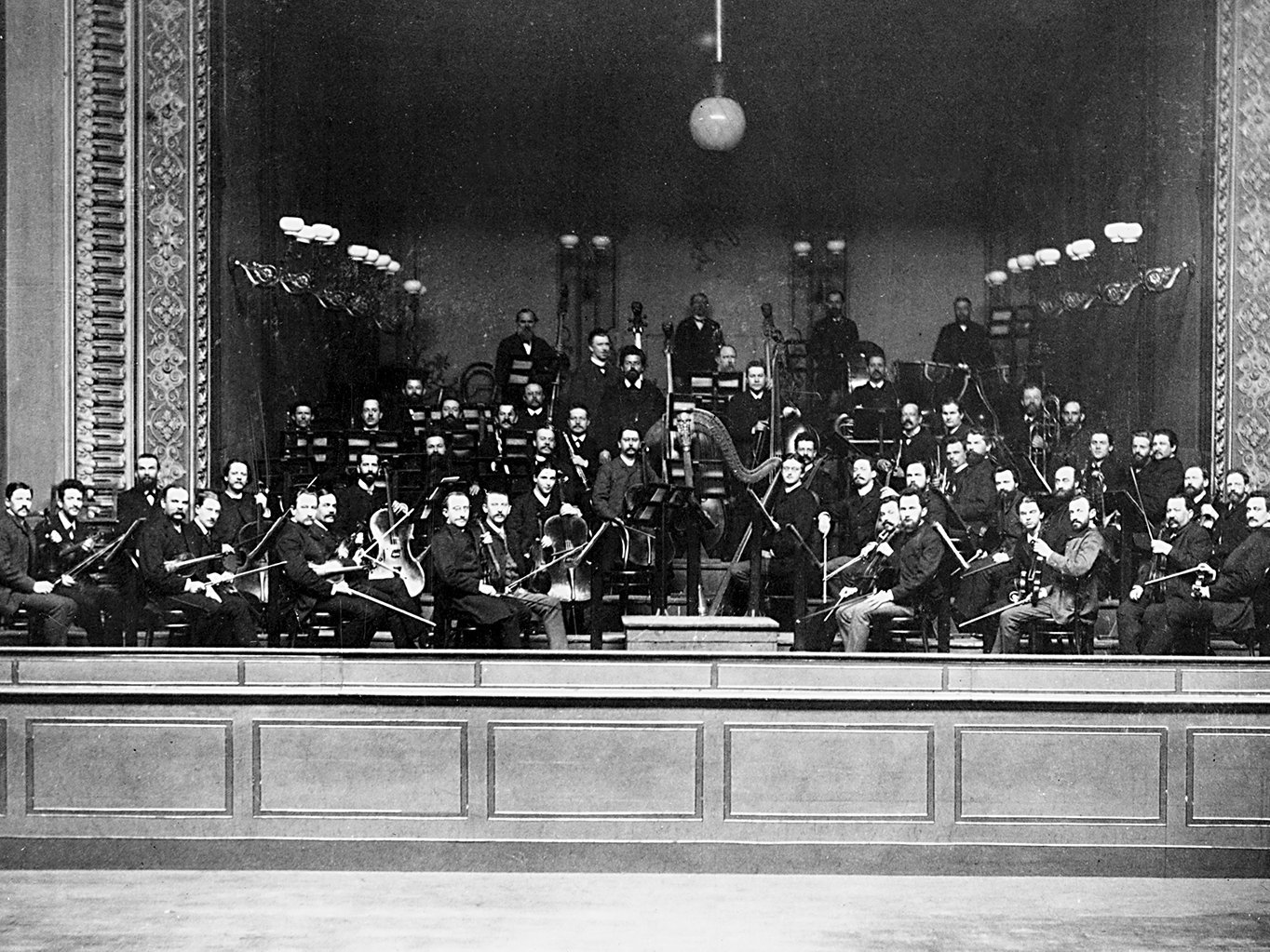
The beginning
It all began with an act of rebellion: in March 1882, 50 members of popular music director Benjamin Bilse's orchestra refused to sign their new contracts ...
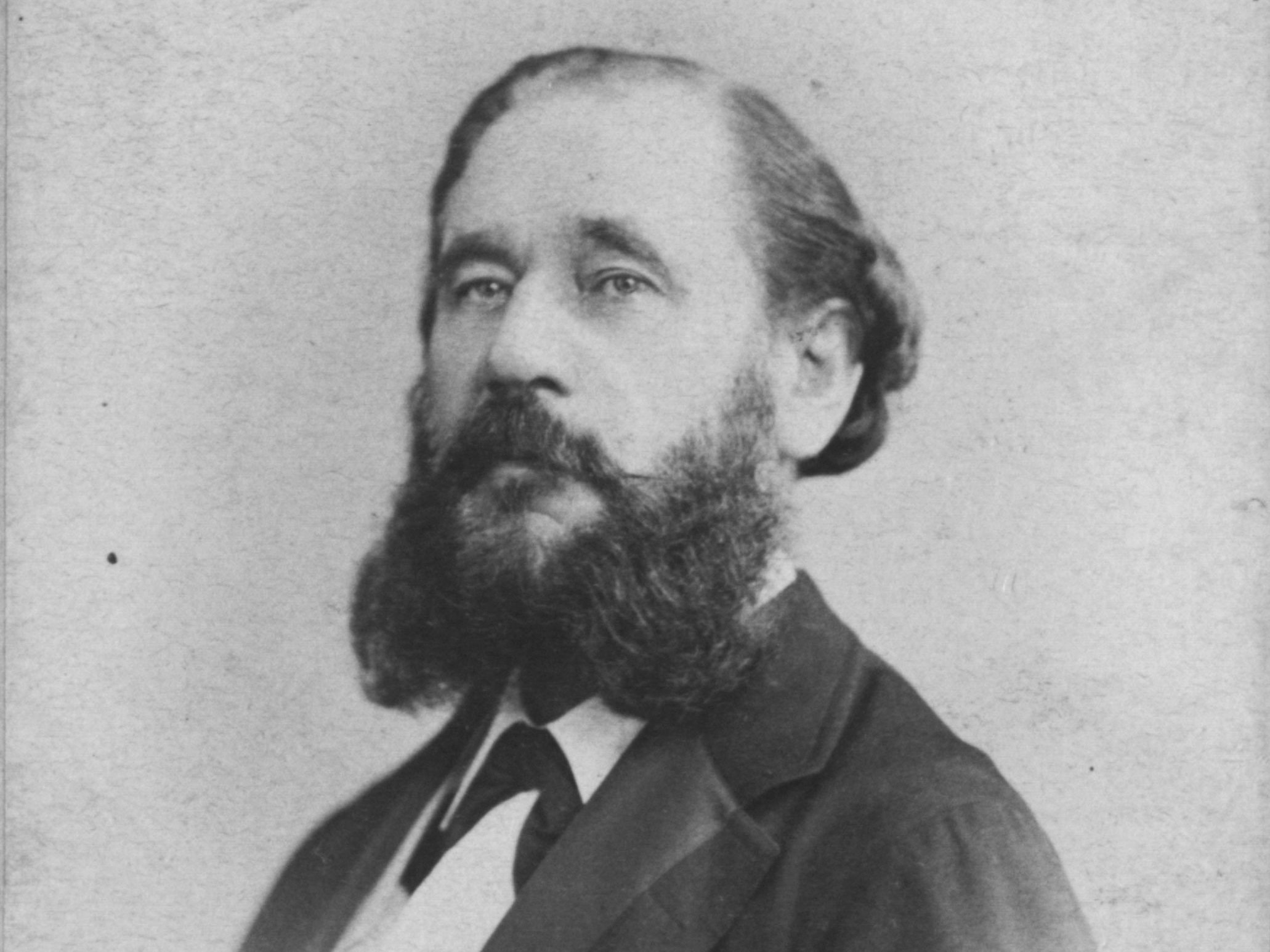
Benjamin Bilse
A good conductor and clever marketing strategist, he was involuntarily responsible for the founding of the Berlin Philharmonic Orchestra.
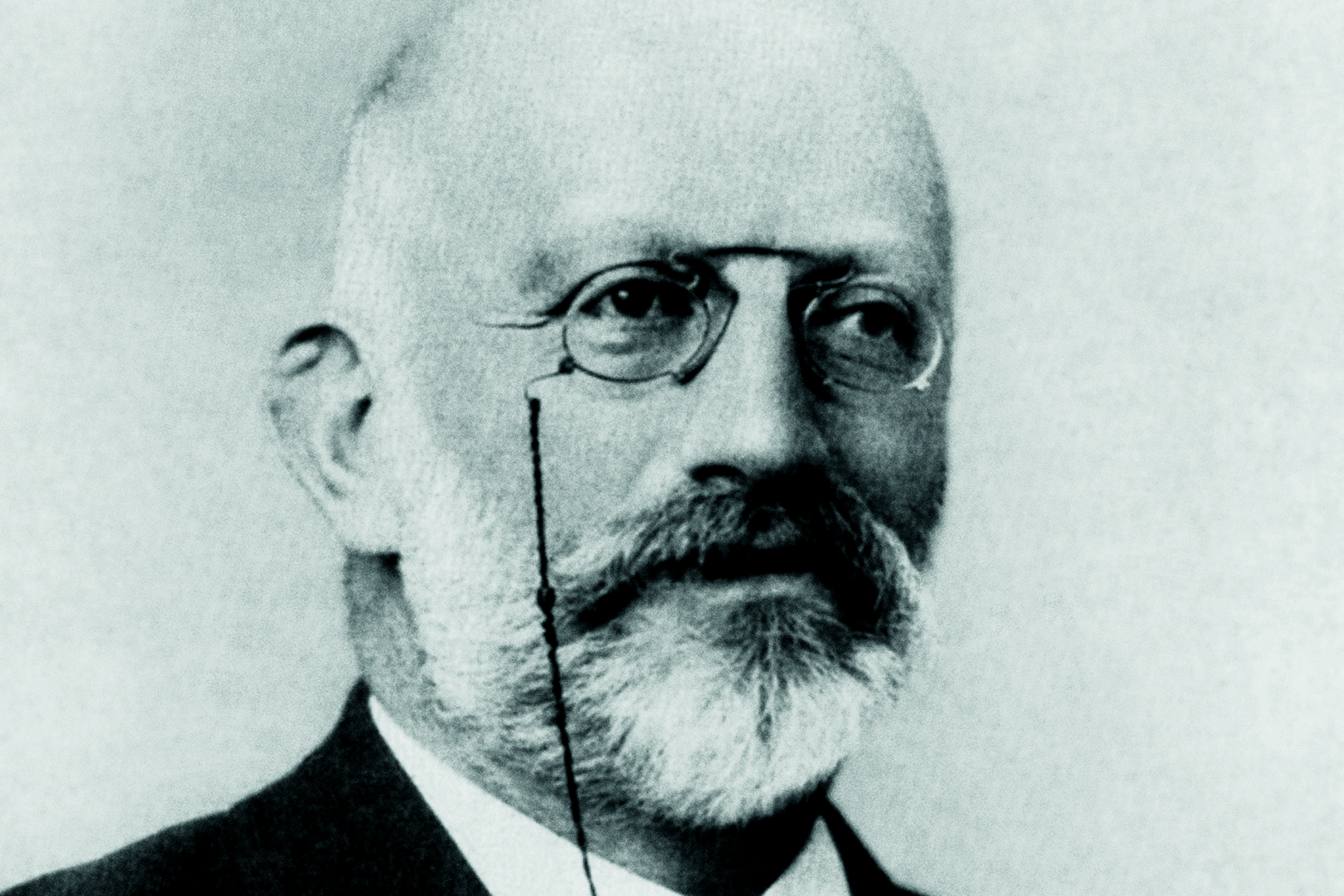
Benjamin Bilse and Hermann Wolff
He was one of the most important and influential concert agents of his time, and the Berliner Philharmoniker also benefited from his business skills.
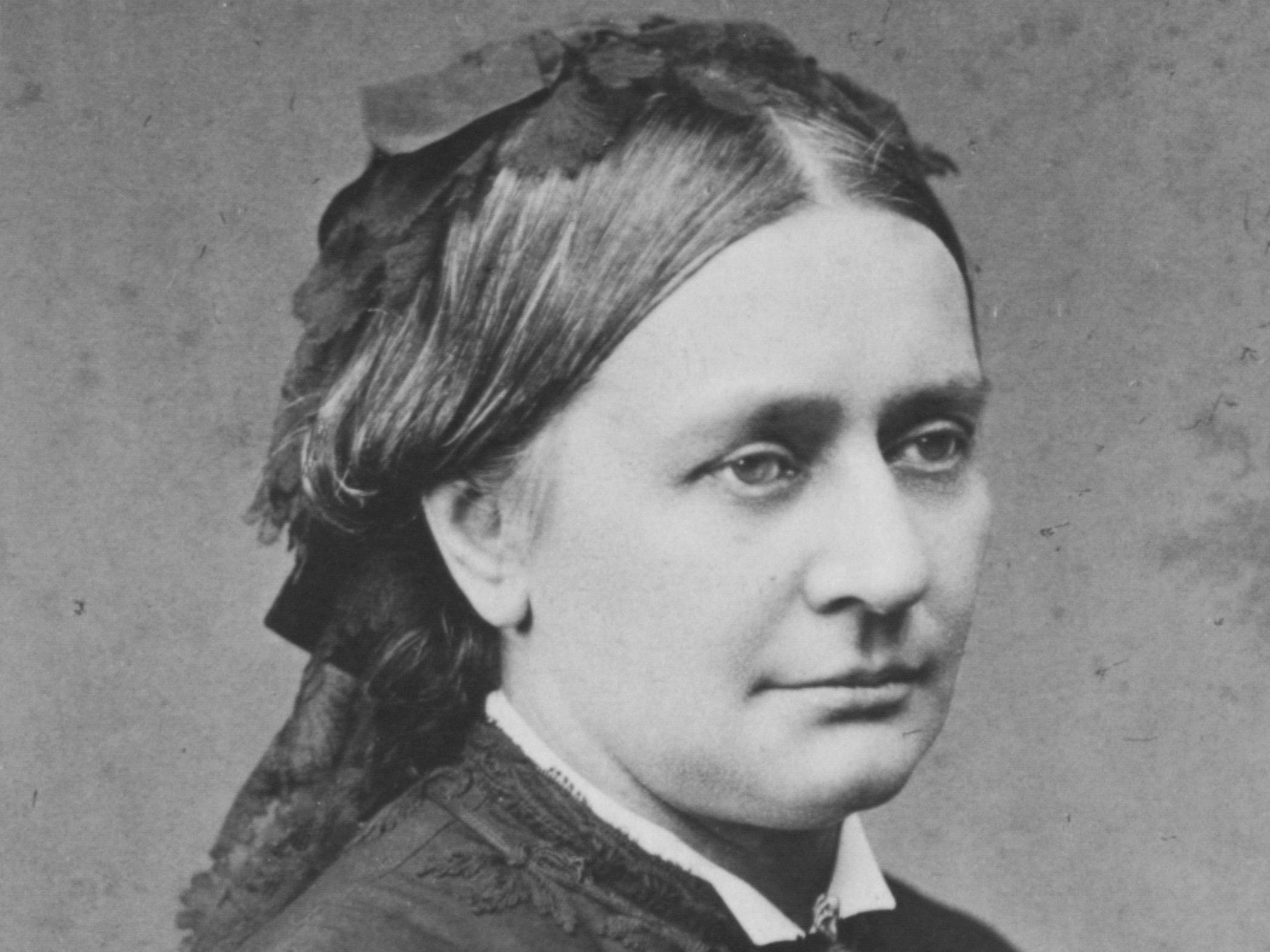
Clara Schumann and the Berliner Philharmoniker
Clara Schumann was a composer, a piano teacher and one of the most acclaimed pianists of her day.
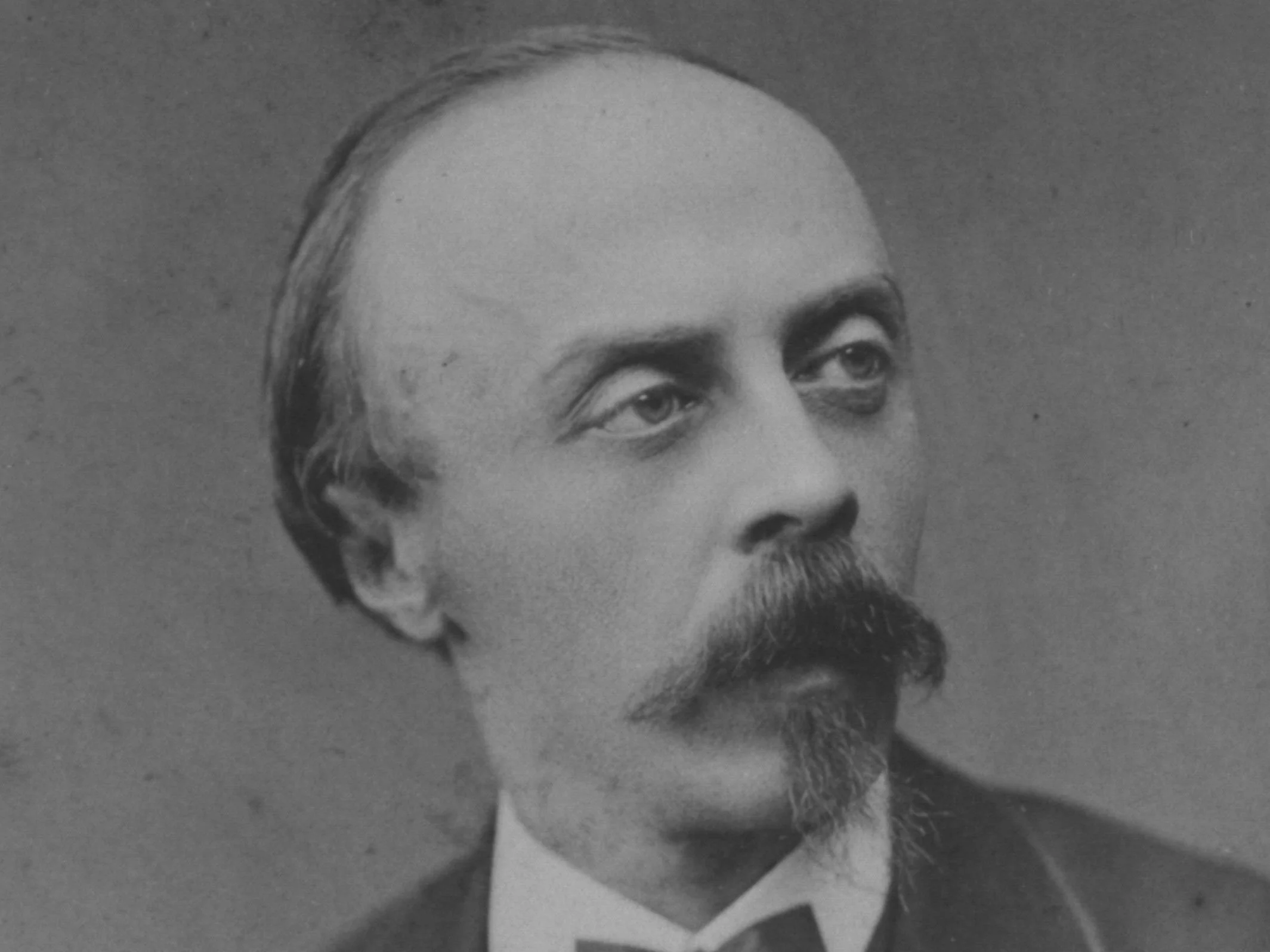
Hans von Bülow
Hans von Bülow, chief conductor 1887–1892, pulled the Berliner Philharmoniker out of their "well-behaved mediocrity".
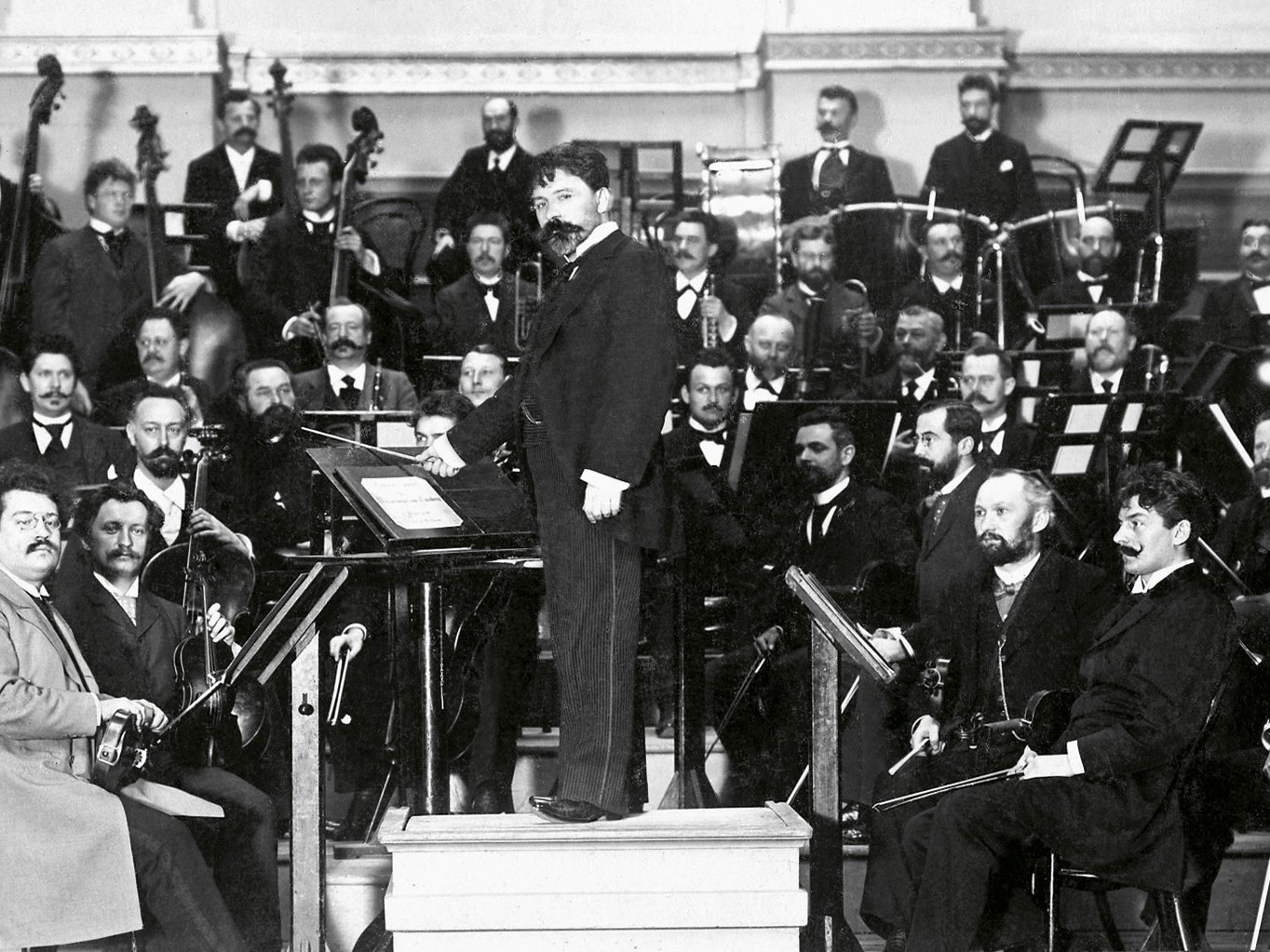
Arthur Nikisch: the soulful one
Arthur Nikisch, principal conductor 1895–1922, was possessed of a great sensitivity and intuition, and he captured the musicians’ hearts.
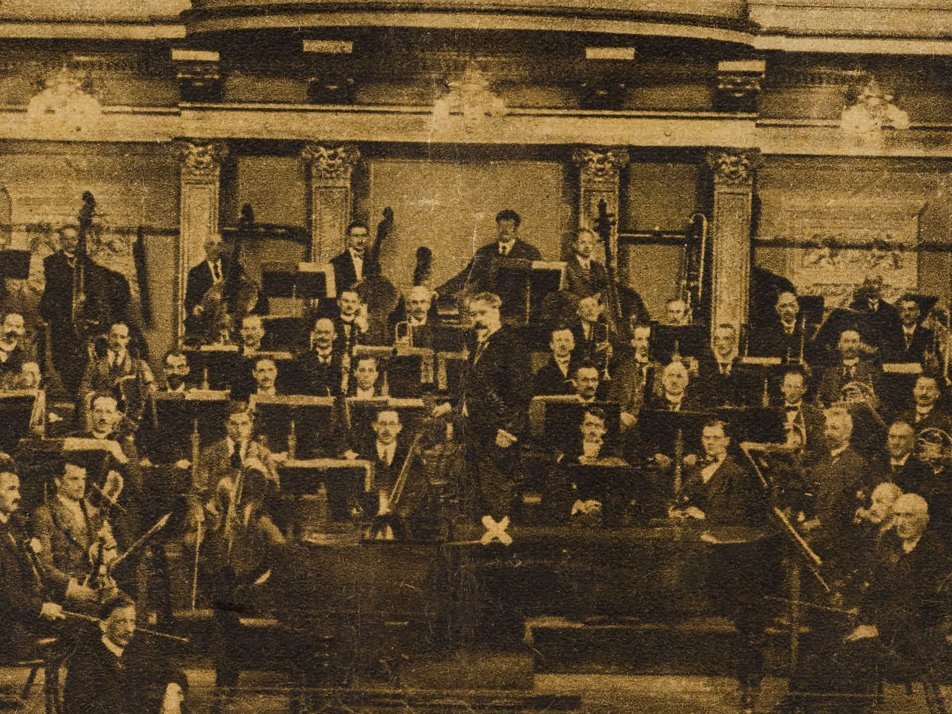
The Berliner Philharmoniker in the First World War
On the road in Europe as a propaganda orchestra
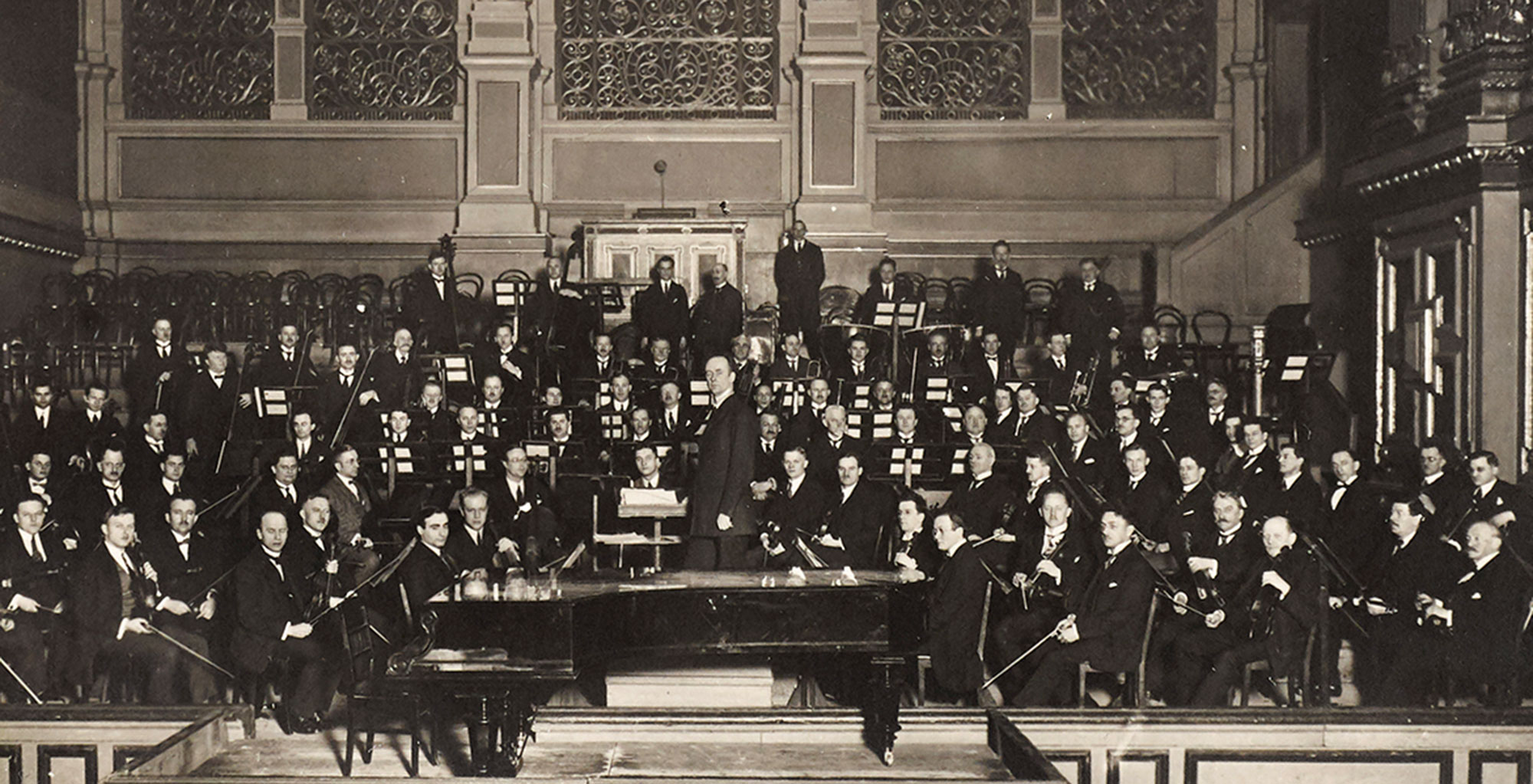
Artistically brilliant, economically disastrous
The Berliner Philharmoniker in the 1920s
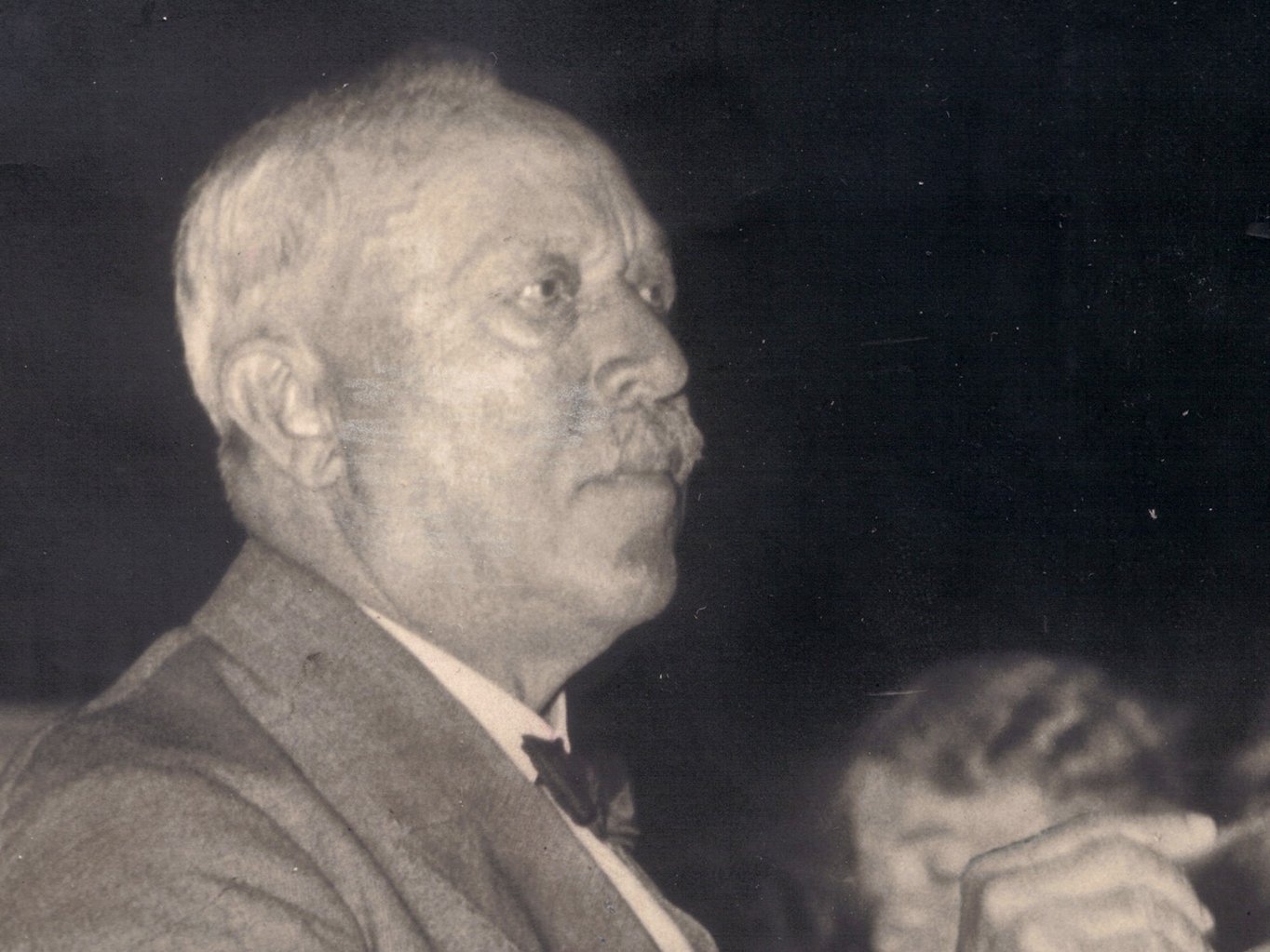
Georg Schumann and the Berliner Philharmoniker
The musical partnership with conductor, pianist and composer Georg Schumann lasted over six decades.
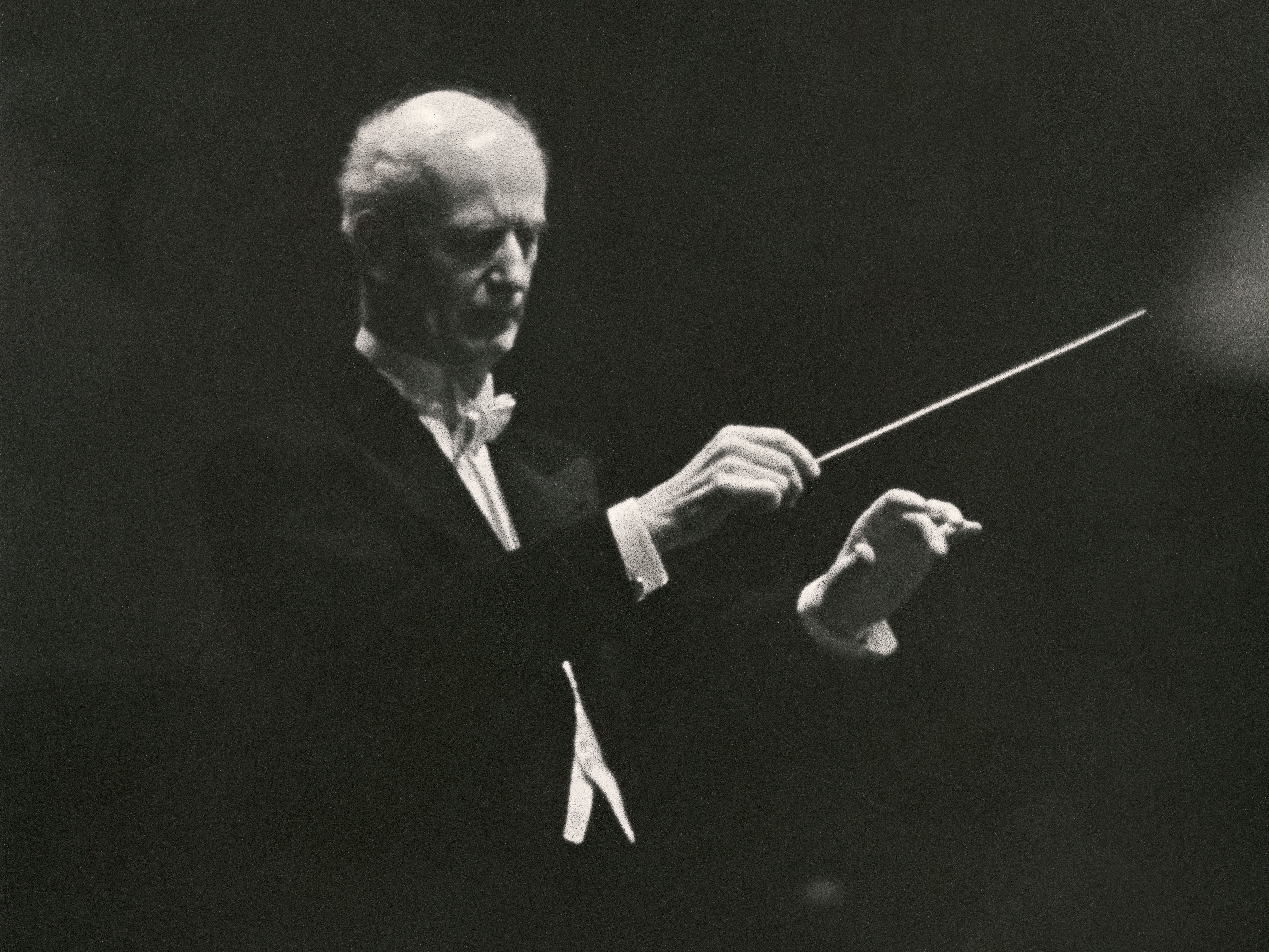
Wilhelm Furtwängler: A magician of sound caught between the times
Furtwängler, chief conductor from 1922-1934 and 1952-1954, shaped the Berliner Philharmoniker into his very own instrument.
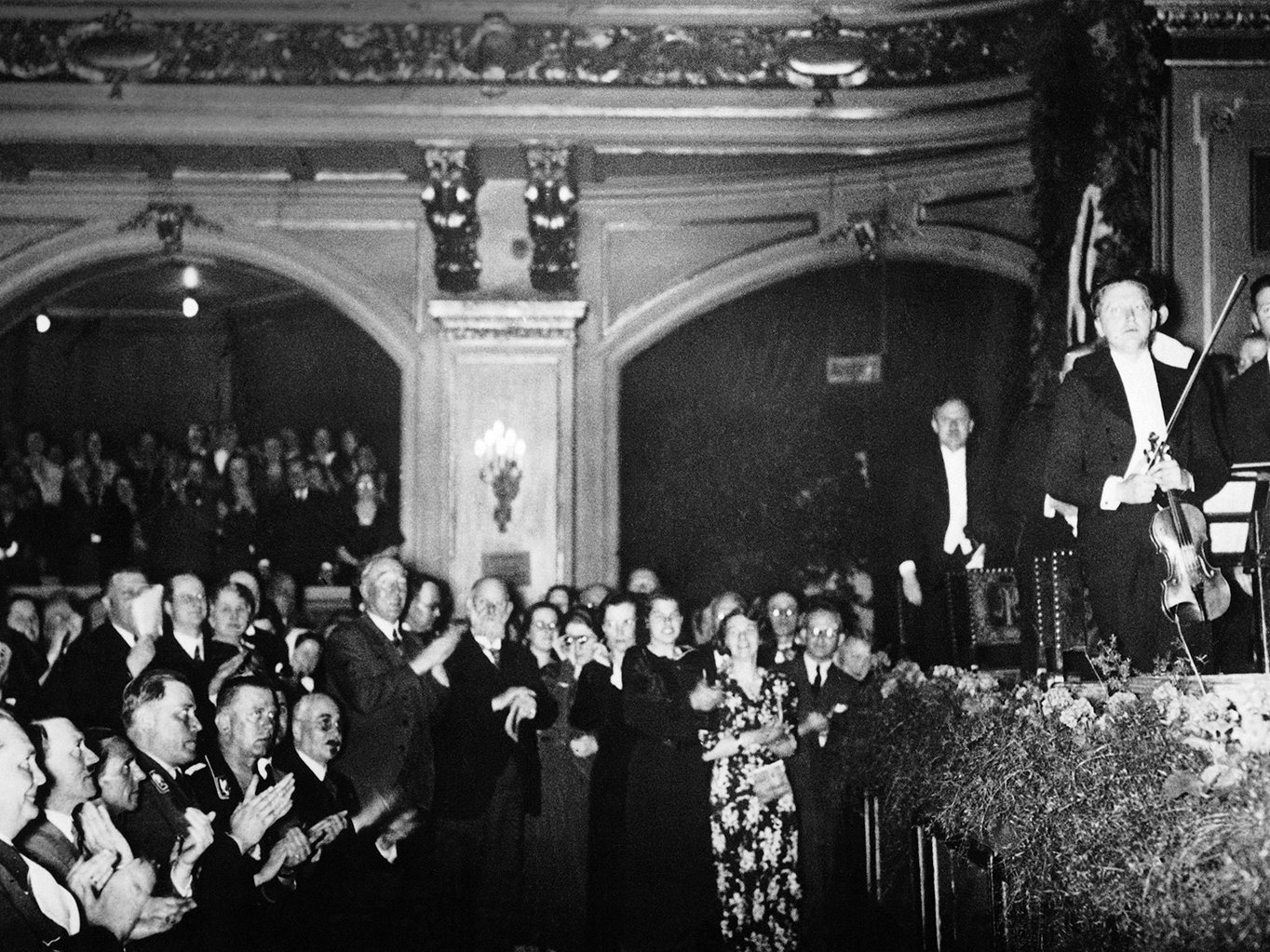
“The Reichsorchester”
The Berliner Philharmoniker in the National Socialist era
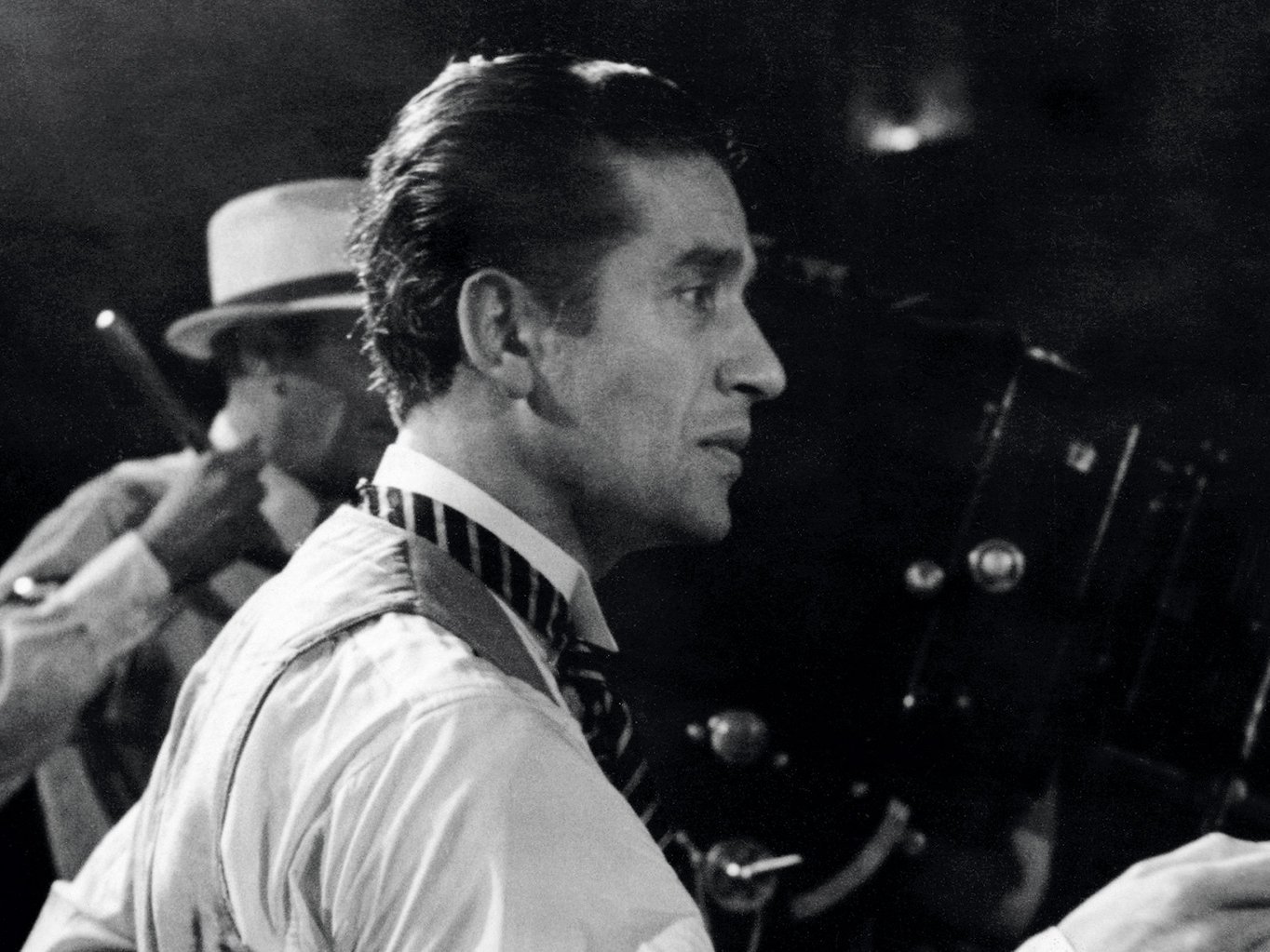
Sergiu Celibidache
Celibidache’s association with the Berliner Philharmoniker began on 29 August 1945, during one of the most tragic moments in the orchestra’s history.
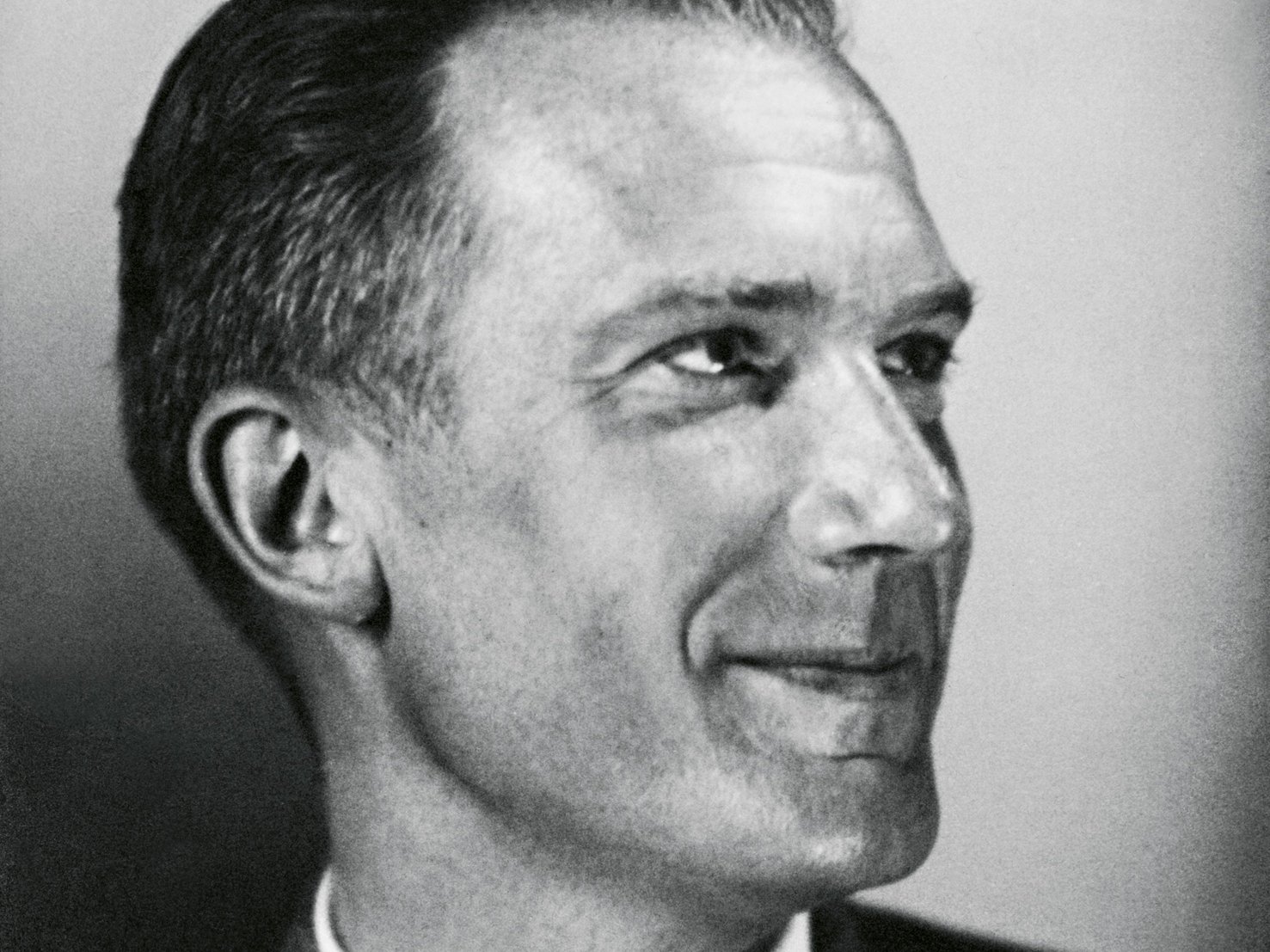
Leo Borchard
The 46-year-old Leo Borchard, the orchestra’s first post-war conductor
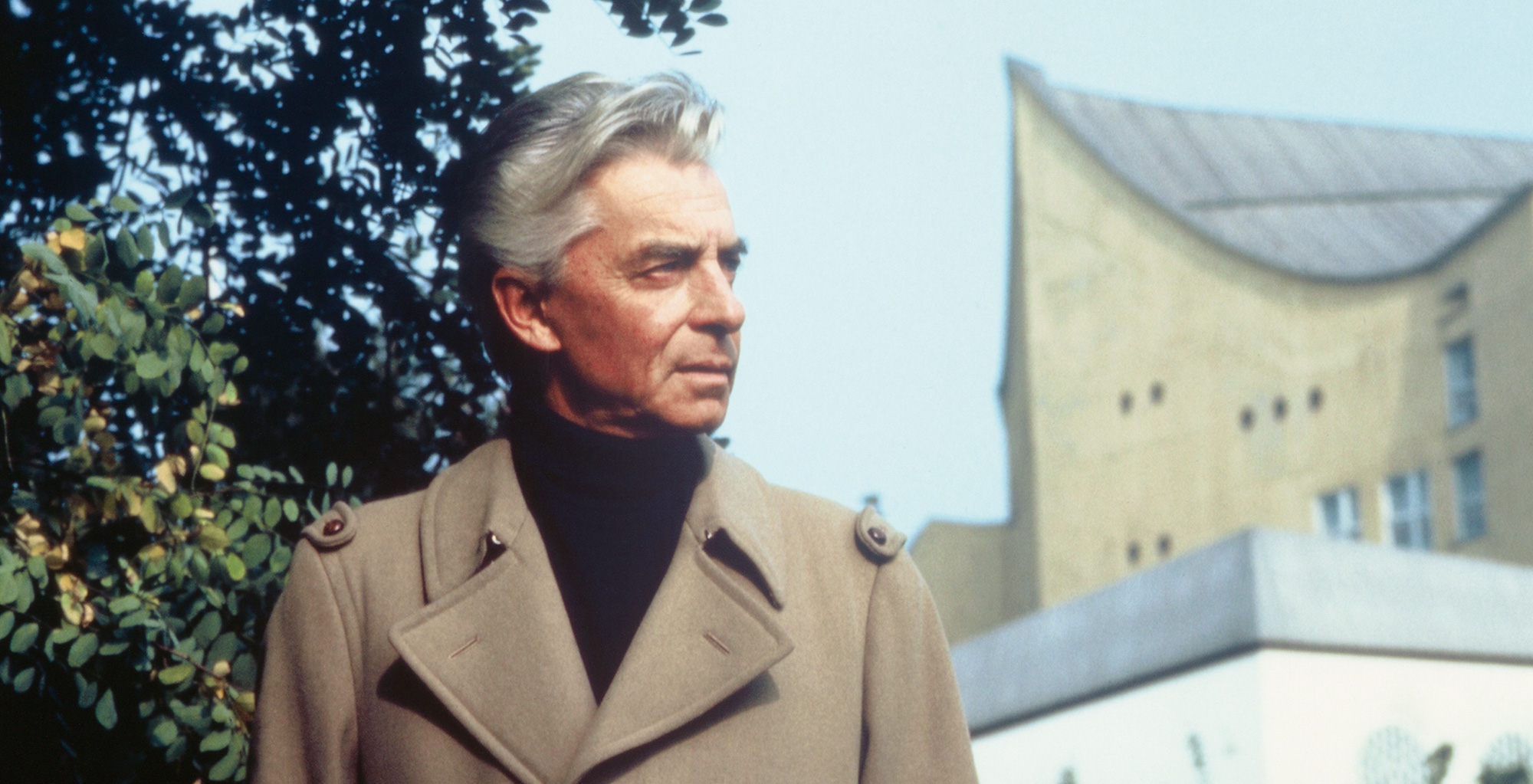
Herbert von Karajan: Sound aesthete and media star
Karajan, chief conductor from 1956-1989, embodied the conductor type of the 20th century: energetic, charismatic, visionary.
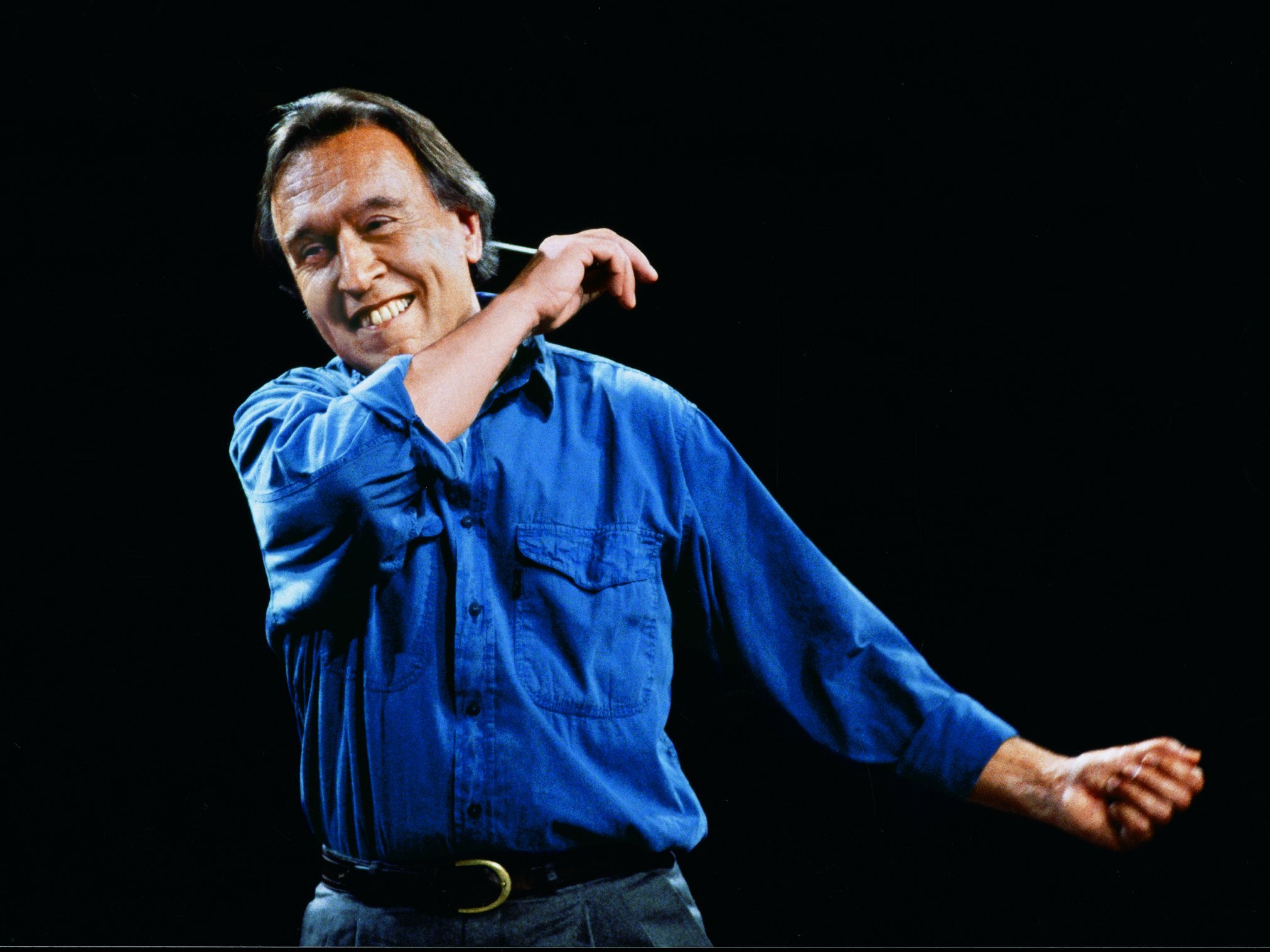
“I’m Claudio for everyone.”
With Claudio Abbado, chief conductor from 1990–2002, the orchestra experienced a turning point.
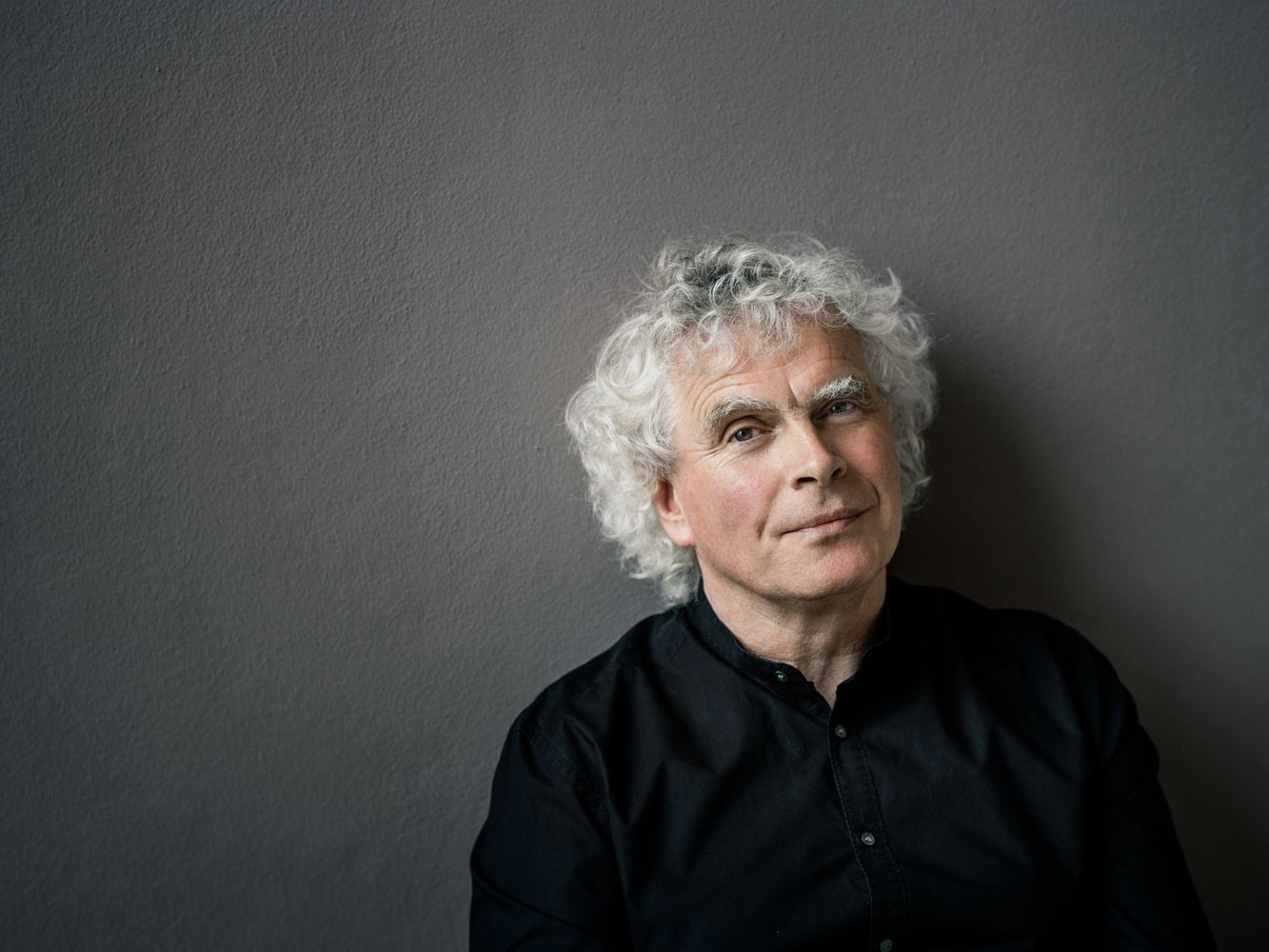
Sir Simon Rattle: The unconventional conductor
Sir Simon Rattle, chief conductor 2002-2018, opened the Berliner Philharmoniker to a new audience.